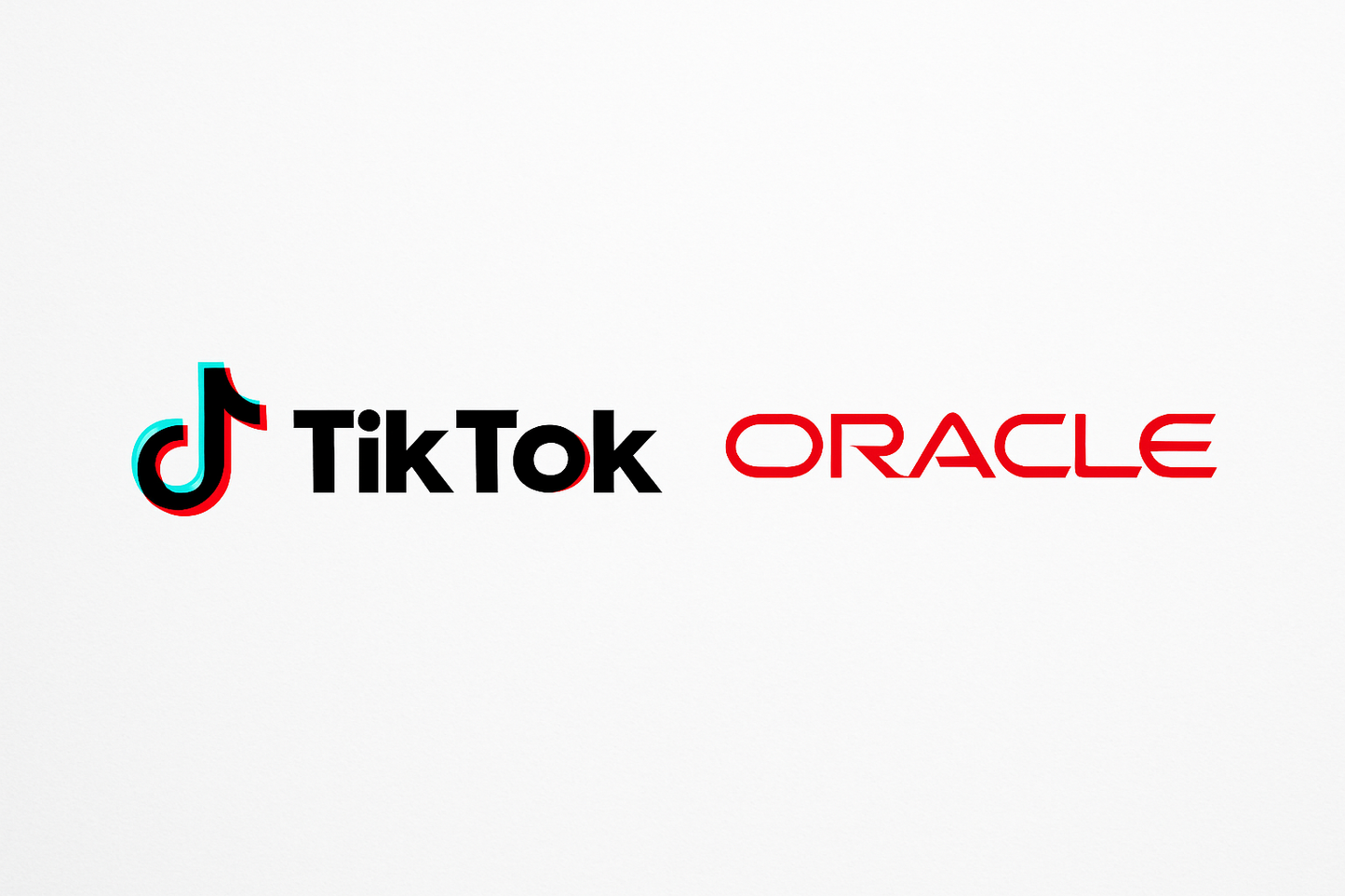As we navigate the complexities of America's energy landscape in 2025, one story stands out for its blend of corporate ambition and community resistance: BlackRock's proposed acquisition of ALLETE, the parent company of Minnesota Power. This $6.2 billion deal, announced earlier this year, involves BlackRock's Global Infrastructure Partners teaming up with the Canada Pension Plan Investment Board to take over the Duluth-based utility. While proponents argue it could inject much-needed capital into Minnesota's clean energy transition, critics are raising alarms about potential rate hikes, reduced accountability, and the broader implications of private equity dipping into essential public services. Let's dive deep into the details, the stakeholders involved, and what this could mean for consumers and the environment.
The Deal: What's on the Table?
At its core, the acquisition aims to privatize ALLETE, which serves about 150,000 customers across northern Minnesota with electricity generated from a mix of coal, wind, hydro, and solar sources. Minnesota Power has been making strides toward decarbonization, planning to phase out coal by 2035 and achieve 100% clean energy by 2050. BlackRock and its partners see this as an opportunity to accelerate that shift, promising investments in infrastructure and renewables without layoffs or service disruptions. Company officials have emphasized that the transaction would provide the financial muscle needed for grid upgrades and expanding wind and solar projects, especially as demand grows from data centers and electric vehicles.
But here's where it gets contentious: Private equity firms like BlackRock's GIP have a track record of prioritizing short-term profits, often through cost-cutting and debt loading. In this case, the deal would take ALLETE private, removing it from public stock market scrutiny and potentially limiting transparency. An administrative law judge recently recommended denying the sale, citing concerns that it might not serve the public interest. The Minnesota Public Utilities Commission (PUC) is now in the hot seat, with hearings scheduled for September 25 and October 3 to decide the fate of the proposal.
Community and Environmental Pushback
Opposition has been fierce and multifaceted. Environmental groups like the Sierra Club and the Center for Earth, Energy & Democracy (CEED) are leading the charge, arguing that private equity ownership could slow Minnesota's clean energy goals. They point to examples in other states where similar takeovers led to delayed investments in renewables and higher emissions. A coalition of 15 organizations, including labor unions and consumer advocates, has urged the PUC to reject the bid, fearing it would lead to skyrocketing utility bills—already a burden for many Minnesotans.
Local residents and ratepayers are particularly vocal. At recent rallies in Duluth, protesters highlighted how BlackRock's involvement could exacerbate affordability issues, with one analysis suggesting potential rate increases of up to 20% over five years based on past private equity deals in utilities. "This isn't just about energy; it's about who controls our essential services," said one Duluth resident at a community meeting. Even within the green community, there's a split—some groups see potential benefits in BlackRock's deep pockets for funding transitions, while others distrust the firm's fossil fuel ties.
Broader Implications for U.S. Utilities
This Minnesota case is a microcosm of a national trend: Private equity's growing appetite for utilities amid the push for electrification and clean energy. BlackRock, the world's largest asset manager with over $10 trillion under management, has been expanding into infrastructure, viewing utilities as stable, high-yield investments. But critics warn that this could lead to a "utility crisis," where profit motives clash with public needs, similar to what's happened in healthcare and housing sectors under private equity.
If approved, the deal could set a precedent for more takeovers, potentially reshaping how Americans get their power. On the flip side, rejection might signal regulators' willingness to prioritize consumer protection over corporate expansion. As the PUC deliberates, all eyes are on Minnesota—could this be the test case that defines the future of U.S. energy ownership?
In the end, this story underscores the tension between innovation and equity in our energy system. Whether you're a ratepayer worried about your bill or an investor eyeing green opportunities, the outcome here matters.














Leave a comment